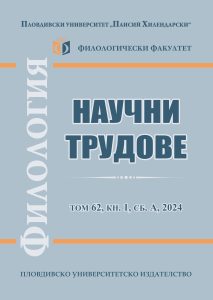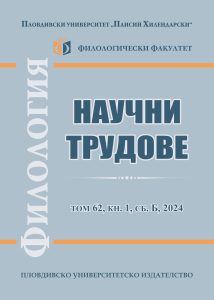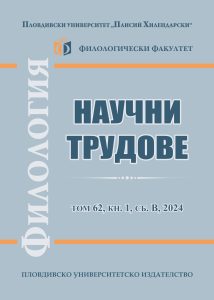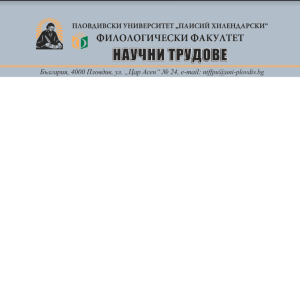VOL. 56, BOOK 1, PART B, 2018, pp. 23 – 34 Full text (Bg)
Author: Ivan Ruskov
Affiliation: Paisii Hilendarski University of Plovdiv
Abstract
The article analyses a case presented in the “Notes on The Bulgarian Up-risings” by Zahari Stoyanov. After the defeat of the April Uprising in 1876 the Bulgarian revolutionary Todor Kableshkov sings the Marseillaise in a Turkish prison. Kableshkov improvises the French text of the song to inform a friend so that the Turks wouldn’t notice it. The case is reviewed from three perspectives: first, it searches an answer to the question: Why is the Marseillaise called a gloomy song; secondly, it displays a kind of double coding allowing the French march to be regarded in the same way as the Bulgarian march “The Proud Ni-cephorus Wanted”, which unifies the people; thirdly, it shows how in the “Notes on the Bulgarian Uprisings” by Zahari Stoyanov certain songs are connected to different phases of the development of the Bulgarians as a nation.
Key words: Marseillaise, prison, song, improvisation, double coding, Zahari Stoyanov, Todor Kableshkov, “Notes on the Bulgarian Uprisings”













